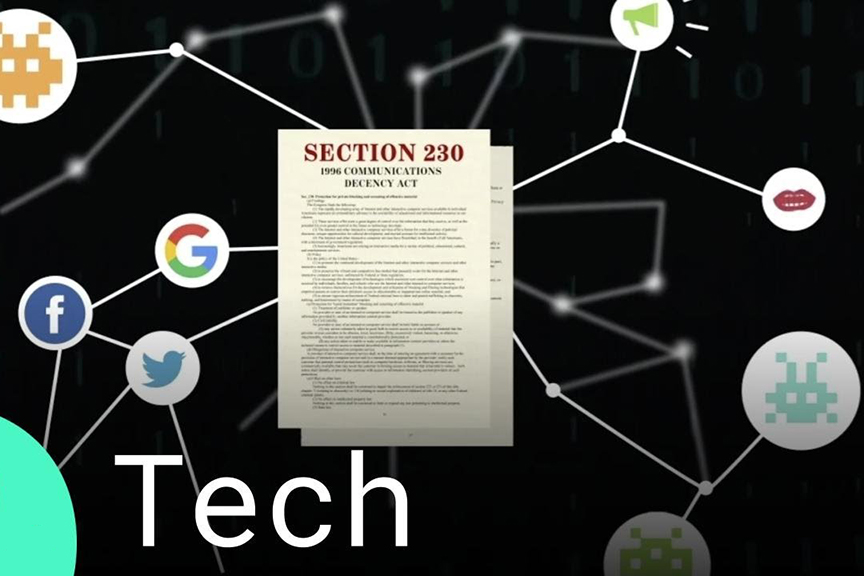Section 230 of the Communications Decency Act has been a cornerstone of the internet’s legal framework for over two decades. While it was initially designed to foster free speech and protect online platforms from user-posted content, the evolution of online commerce has sparked an ongoing debate about its efficacy and unintended consequences.
The Controversy Surrounding Section 230
As the internet has matured, Section 230 faces fierce criticism and controversy. The broad protections for online platforms have led to an environment where harmful content, misinformation, and illicit activities thrive without adequate accountability. The law has allowed tech giants to amass immense power and influence while evading responsibility for content moderation.
Potential Considerations For Reform Include:
- Accountability for Online Platforms: Holding online platforms accountable for the content they host. Refining the definition of “platform” to exclude certain types of services, including e-commerce, or implementing stricter content moderation requirements for platforms to maintain their Section 230 protections.
- Transparency and Reporting: There is a need for increased transparency. This could entail requiring platforms to provide more aggressive content moderation policies for users to report violations. Platforms should also publish and report on their content moderation efforts and be held to them.
- Addressing Harmful Content: Development of a legal framework for addressing harmful and illegal content would help. This could include creating a standardized system for identifying and reporting offending or misleading content, even involving collaboration with law enforcement agencies.
- Moderation and Oversight: Consider the establishment of an independent oversight body to review content moderation decisions made by online platforms. This oversight body could help ensure that moderation is fair, unbiased, and consistent.
- Balancing Free Speech: Striking a balance between free speech and content moderation poses a significant challenge. Potential reform may involve establishing clearer guidelines for what constitutes protected speech and what crosses the line into misleading or illegal content.

The debate surrounding Section 230 reform is not without its challenges and controversies. Reform holds the potential to stifle innovation, impose undue burdens on smaller platforms, or infringe on the potential of free speech rights. Striking the right balance in reform efforts is complex and requires careful consideration.
The debate over Section 230 and its potential reforms, however, is a vital conversation that needs to be had in the modern age of the Internet and is a complex and pressing challenge. It is clear that the evolution of the internet necessitates a reevaluation of this decades-old law. As stakeholders from lawmakers to tech industry leaders continue to realize these issues, the future of Section 230 and its impact on consumers remains a topic of significant concern and ongoing discussion.
In our next article, we’ll explore real-world examples of how Section 230 has impacted the online landscape.






